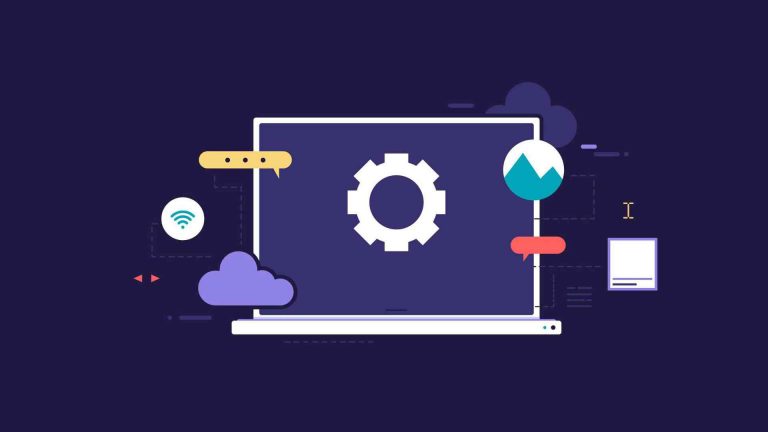Other
Jira Project Management is a popular online course that teaches students how to effectively use the Jira software for project management. Jira is a powerful tool used by many organizations to track and manage their projects, and this course is designed to help students become proficient in using it. The Jira Project Management course is a valuable resource for anyone looking to improve their project management skills using Jira. With its self-paced format and comprehensive content, it can be an effective way for students to gain the knowledge and skills needed to effectively manage projects using this powerful tool.
The Juniper Firewall course is designed to provide students with a comprehensive understanding of Juniper’s firewall technology and how to deploy and manage it in an enterprise environment. The Juniper Firewall course provides students with a comprehensive understanding of Juniper’s firewall technology and practical skills for working with it. Juniper Firewall courses provide comprehensive training on various aspects of designing, configuring, and managing Juniper Firewall solutions. By completing the course, students will be prepared to work with Juniper firewalls in a variety of roles, including as network engineers, security engineers, and IT managers.
Juniper IJOS (Juniper Internet Operating System) is a comprehensive course designed for network engineers and administrators who want to gain expertise in configuring, deploying and maintaining Juniper routers and switches. The course focuses on the Junos operating system, which is used in Juniper’s networking devices. The course is suitable for both experienced networking professionals and those new to the field. The course covers a wide range of topics, including basic routing concepts, routing policies, routing protocols, MPLS (Multiprotocol Label Switching), OSPF (Open Shortest Path First), BGP (Border Gateway Protocol), and more. Students will also learn how to configure and manage Juniper routers and switches, including understanding the CLI (Command Line Interface), configuring interfaces, and VLANs (Virtual Local Area Networks).
Kubernetes is an open-source platform designed for container orchestration. The Kubernetes course teaches students how to deploy, scale, and manage containerized applications. The course covers the key concepts, components, and architecture of Kubernetes, as well as the tools and techniques used to deploy and manage containerized applications. By the end of the course, students should have a solid understanding of how to deploy, scale, and manage containerized applications using Kubernetes. They should also have hands-on experience with deploying applications to a Kubernetes cluster and performing various operations on the cluster. The skills learned in this course are highly valuable in today's rapidly evolving tech industry, particularly for those interested in cloud computing, DevOps, or software development.
Linux Shell Scripting is a course that teaches students how to create and use shell scripts to automate tasks in a Linux environment. It involves creating scripts using a shell programming language, typically Bash, which allows users to execute a series of commands in a sequence. The purpose of Linux shell scripting is to make system administration tasks more efficient, automate backups, set up scheduled tasks, and customize system configurations. With shell scripting, users can create customized solutions to their specific needs, reducing the time and effort required for manual tasks. The course covers various topics such as shell script syntax, variables, conditional statements, loops, functions, and command-line utilities. Linux Shell Scripting is a valuable skill for anyone who works with Linux systems, and taking this course from online learning platforms can provide students with the knowledge and practical skills needed to automate tasks, improve productivity, and advance their careers in the IT industry.
No posts found



















